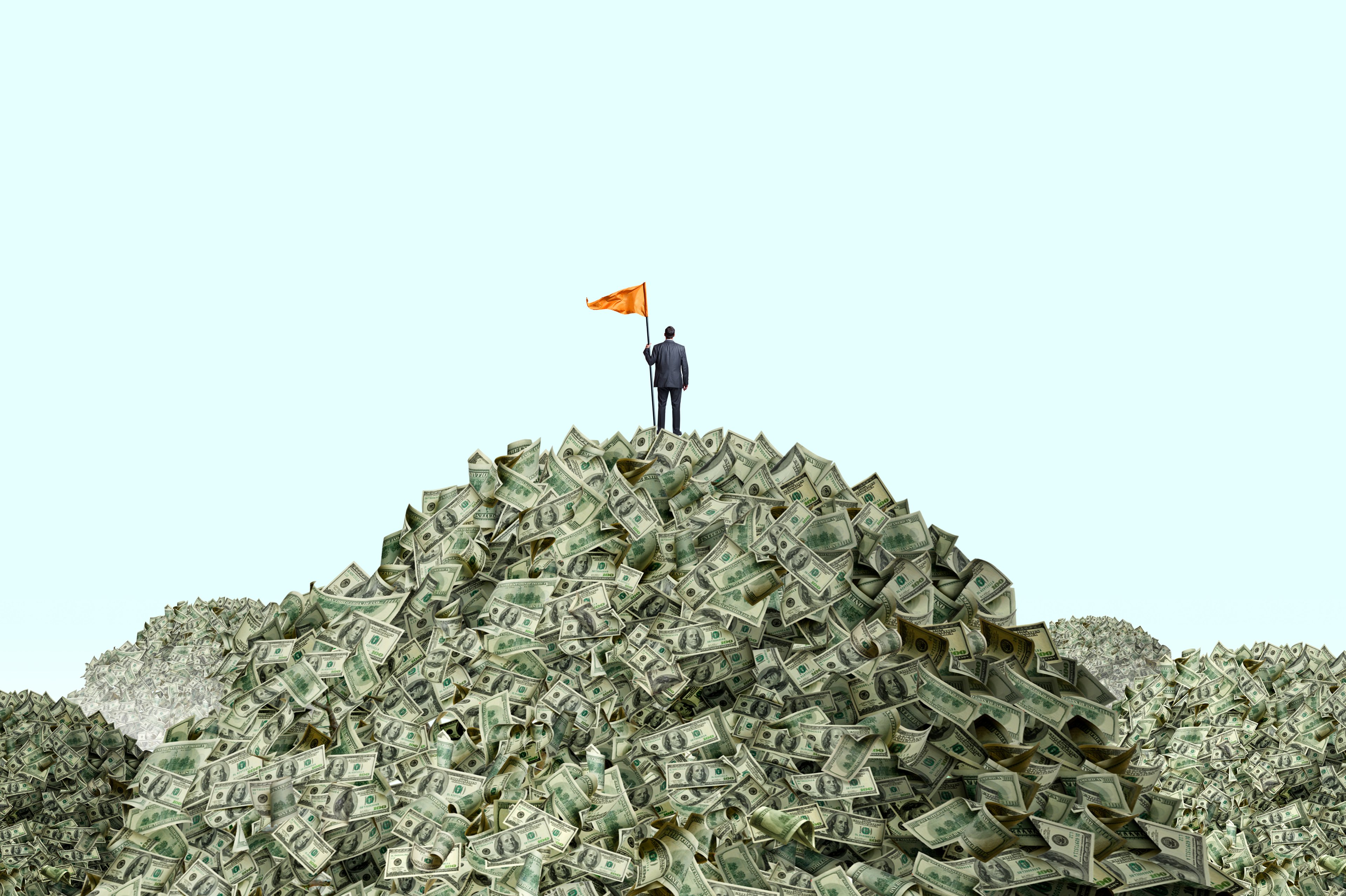
Image source: Costco.
Costco (COST 1.21%) shoppers may have noticed shorter lines at the warehouse retailer lately. In fact, the company just posted its weakest customer traffic growth pace in almost six years.
No one expected Costco to keep up its 4% traffic expansion rate forever. Yet in switching its co-branded store credit card from American Express (AXP 1.77%) to Visa (V 3.00%), the company likely contributed to the slump by putting its membership base through a major disruption.
Sure, it's almost certainly a long-term positive for the business. But Costco's credit card change generated major challenges this year.
Benefits all around
The move promised to deliver significant value both to Costco and to the 11 million subscribers that currently use its co-branded cards. The retailer negotiated improved rewards, including 4% cash back on gas purchases (compared to 3% in the American Express version). Other rebate categories such as travel purchases and restaurant spending saw a similar boost.

Image source: Costco.
Costco would benefit from the switchover as well, due to insanely low transaction fees. Consistent with its operating strategy, the company aims to return almost all those savings to customers in the form of lower prices. "The new card is great in terms of increased cash back rewards for our members," Chief Financial Officer Richard Galanti recently told investors. "That's great for us as well in terms of driving member value and sales over the next years, and of course lowering our effective merchant fees related to the new program."
Hiccups in the switch
The credit card switch went over relatively smoothly this past summer, given the huge scale of the change. An initial surge of complaints in late June earned Costco some bad press that eventually calmed down. The company took a significant financial hit, though, as it paused new-member signups for months while it delivered the new cards to its existing user base.

Data source: Costco financial filings. Chart by author.
The more worrying impact was in renewal rates, which trended down in the leadup to the change and continued falling afterwards. Executives blamed the credit card change for the fact that renewal rates fell to 90.3% in the U.S. from 90.5%. It also likely played a minor role in Costco's dip in comps growth for fiscal 2016.
Just a short-term problem?
Management believes the hit to its business from the card switch will be short-lived while the benefits will accrue for at least the next decade. A similar changeover in the Canada market, after all, produced the same slowdown in membership growth that quickly reversed itself after just a few quarters.
Its most recent quarterly results suggest the same type of rebound could be happening in the critical U.S. market. Renewal rates stabilized during the fiscal first quarter, executives said, and customer traffic, while still running well below 4%, ticked up slightly, too.
These improvements helped Costco offset significant price deflation on groceries and electronics to book overall sales growth. Membership income, meanwhile, grew by a healthy 6%.
Investors are also starting to see the positive benefits on Costco's bottom line. Gross profit margin ticked up last quarter due to increased revenue from new signups. At the same time, lower merchant fees drove a welcome drop in expenses.
With just one quarter's worth of data on the new card to judge by, it's too early to know how helpful it will ultimately be to Costco's profits and to growth potential. There are hopeful signs that the significant costs of the switch are now behind the company, though, and what remains is significant potential for growth over the initial 10-year term of the deal.








